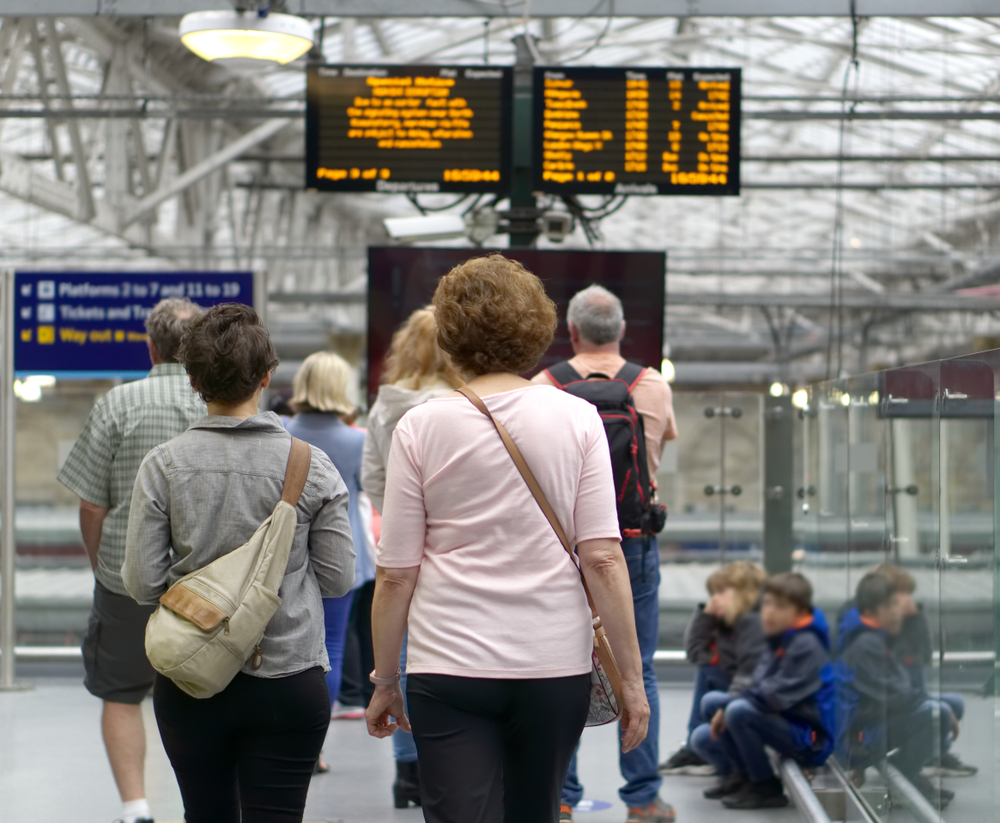Household Bills
Paper train tickets increasingly ditched for smart tickets

Train firms are being urged to sell “smart tickets” as default, as figures show that half of all journeys are still taken using paper tickets.
As part of “Smart Week”, rail minister Chris Heaton-Harris MP has written to train companies to urge them to invest in smart ticketing and make it the default option for train passengers.
Figures from the Rail Delivery Group show that 50 per cent of train journeys involve a paper ticket but that the number is down from a year ago when 63 per cent of train journeys were taken using an old-style orange ticket.
A smart ticket is a rail ticket that can be loaded onto a smartcard, downloaded to a mobile phone or printed at home. Using a smart ticket saves passengers time as they don’t need to queue to buy a ticket and they allow people to book online from anywhere for anyone.
In the letter to train firms, Heaton-Harris said: “TfL’s Oyster and Contactless systems set the standard for customer proposition and they are widely used where they are available. Now that smart ticketing is accepted at almost all stations across the network, I want to see the industry achieve the same level of customer proposition and hence the same high levels of take-up.
“To do that we need to make it easy for passengers to buy barcode and smart tickets online. As you launch ‘Smart Week’ in October, I want to encourage and urge you to prioritise moving your customers to smart ticketing wherever possible.”
Heaton-Harris asked train companies to set out the steps they are taking to encourage more sales of smart tickets and to send a summary of their plans by 15 November.
The Rail Delivery Group found that the monthly number of journeys taken with paper tickets has dropped by 13.3 million year-on-year, saving more than 1,100km of paper – equal to the distance between London and Barcelona.
The move away from paper follows major upgrades as the rail industry has worked together to improve technology, install and upgrade ticket barriers at stations and promote smart tickets to passengers.
Every train operator has worked to provide a smart ticket option and ensure passengers can use smart tickets on nine in 10 routes across the National Rail network.
The Rail Delivery Group is pushing for the rail industry to work with the government to accelerate wholesale reform of outdated fares regulation.
Full reform would pave the way for pay‐as‐you‐go price caps and part-time, flexi season tickets to be introduced across the country so that commuters could save money when they travel off peak or fewer than five days a week. On long‐distance journeys, it could enable a greater range of on‐the‐day fares for people to buy on their smartphone, giving them more options at a better range of prices.
Robert Nisbet, director of nations and regions at the Rail Delivery Group, said: “Smart tickets open up the possibility of a host of new types of fares like part-time season tickets or tap-in-tap-out that works across buses, trams and trains. Making the most of the possibilities offered by smart tickets requires root and branch reform of fares regulations and we want to work with government to make it happen.”